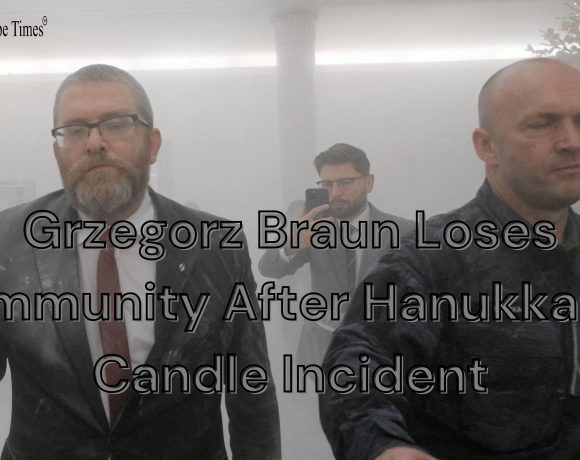
Poland’s Iga Swiatek, the world number one, suffered a surprising defeat in the third round of the Australian Open to 19-year-old Czech player Linda Noskova. Despite initially appearing in control, Swiatek faltered against Noskova’s power, eventually losing 3-6, 6-3, 6-4 on Rod Laver Arena. Noskova, ranked 50th in the world, expressed her disbelief and joy at reaching the fourth round of a major for the first time.
Noskova, making her main draw debut in Melbourne, broke Swiatek in the deciding set and secured the victory on her first match point. This loss also ended Swiatek’s 18-match unbeaten streak. Other top seeds, including Elena Rybakina, Jessica Pegula, and Ons Jabeur, had already been eliminated in earlier rounds.
Noskova will face either Ukrainian 19th seed Elina Svitolina or Switzerland’s Viktorija Golubic in the next round. In other matches, China’s Zheng Qinwen, the 12th seed, won a third-set tie-break against compatriot Wang Yafan. Zheng will play French player Oceane Dodin in the fourth round. Two-time Australian Open champion Victoria Azarenka advanced with a 6-1, 7-5 victory over Latvia’s Jelena Ostapenko.
Russian Anna Kalinskaya defeated American Sloane Stephens, setting up a clash with Italian Jasmine Paolini. This ensures a first-time major semi-finalist in Zheng’s section of the draw. Paolini will face Ukrainian qualifier Dayana Yastremska, who overcame American 27th seed Emma Navarro.
Picture Courtesy: Google/images are subject to copyright









